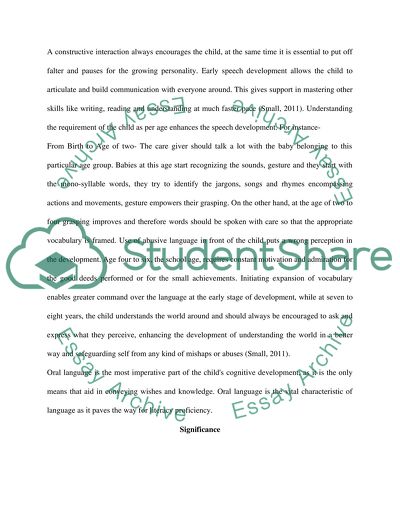Cite this document
(“Oral Language Essay Example | Topics and Well Written Essays - 1000 words”, n.d.)
Retrieved from https://studentshare.org/education/1430717-oral-language
Retrieved from https://studentshare.org/education/1430717-oral-language
(Oral Language Essay Example | Topics and Well Written Essays - 1000 Words)
https://studentshare.org/education/1430717-oral-language.
https://studentshare.org/education/1430717-oral-language.
“Oral Language Essay Example | Topics and Well Written Essays - 1000 Words”, n.d. https://studentshare.org/education/1430717-oral-language.


